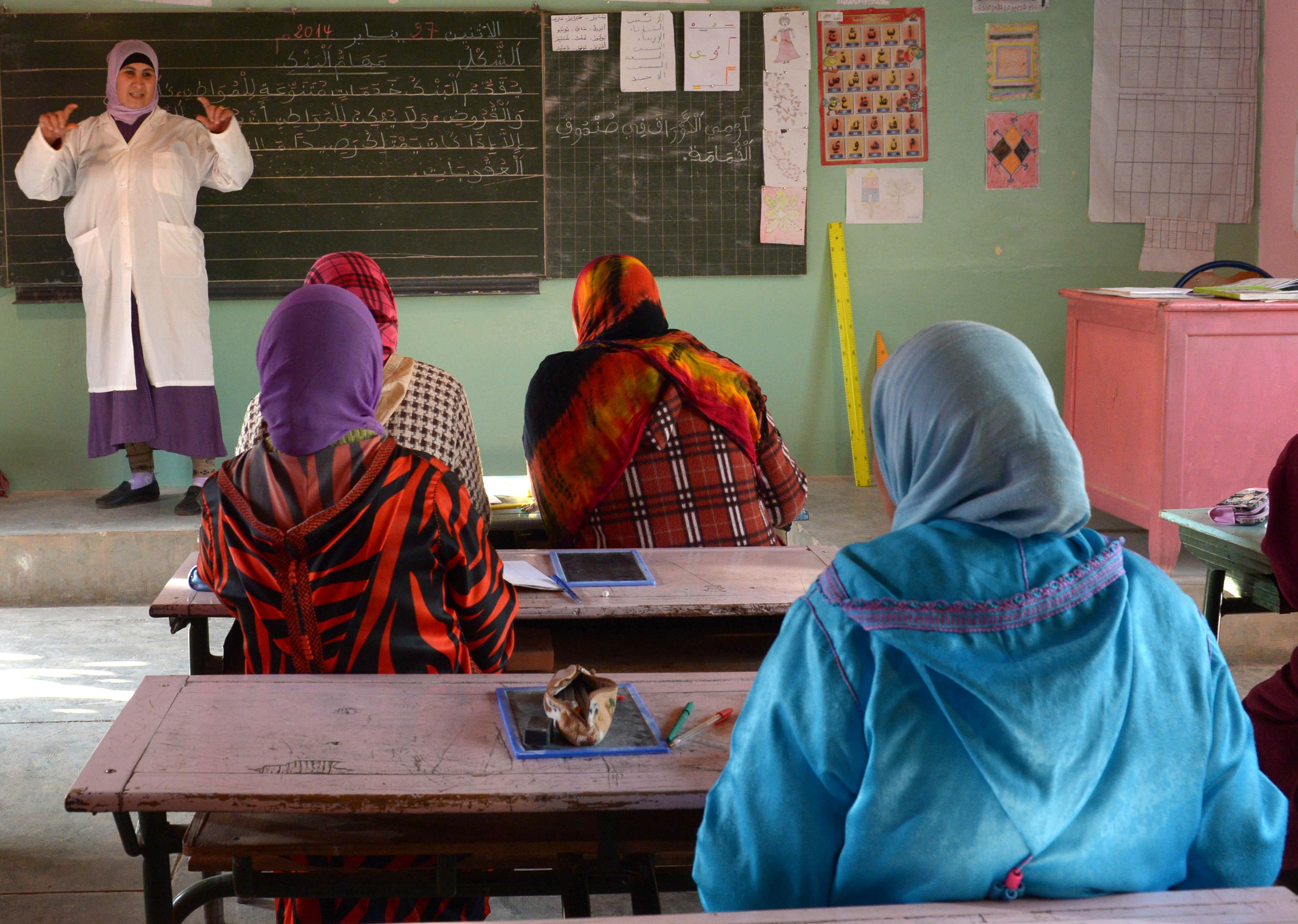The second Millennium Development Goal, approved by U.N. member states in 2000, pledged that all children in the world would have access to primary education by 2015, but a new report from UNESCO makes clear that that was wildly optimistic.
“The number of children out of school was 57 million in 2011,” the report notes. At current rates, the goal of universal primary education won’t be achieved until 2086.
The world’s poorest girls—wide gender disparities still remain in these numbers—won’t achieve universal secondary education until 2111. Adult literacy improved only 1 percent since 2000.
Understandably, countries with armed conflict tend to have made the slowest progress.
A more optimistic way of looking at this is that the number of children out of school has declined by 50 percent since 2000. But progress is still being made much slower than expected, and it’s another factor to keep in mind when considering some of the more Pollyannaish development predictions out there.
